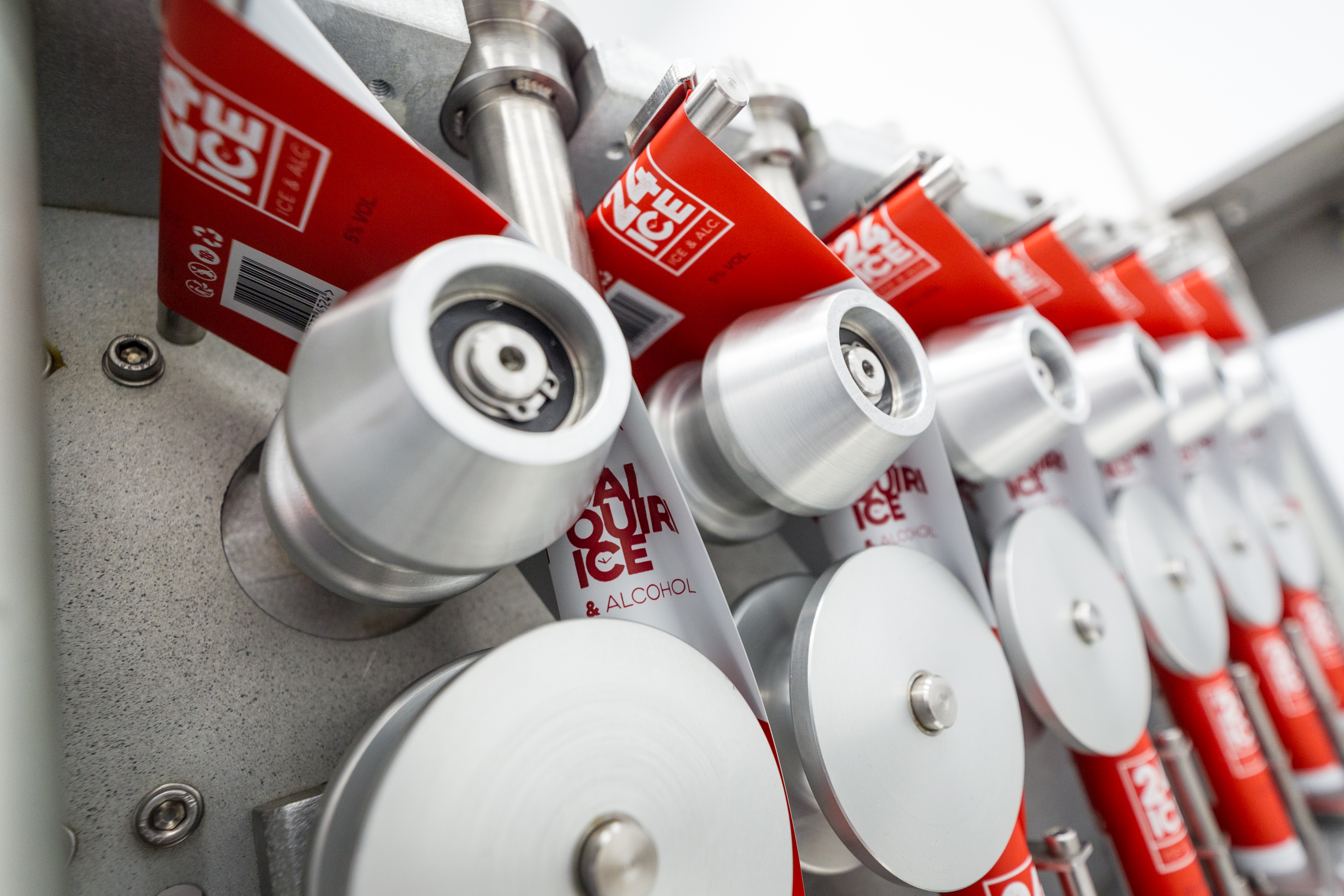
Introduction
In a rapidly evolving marketplace, businesses are continually searching for strategies that allow them to streamline operations and cut costs while still providing high-quality products. One such strategy that has gained prominence in recent years is co-packing. Co-packing, or contract packaging, involves outsourcing the packaging process to a specialized company that handles everything from design to distribution. This practice can offer significant benefits, especially when it comes to custom packaging solutions tailored for specific industries like food, medical devices, and even cannabis products.
In this article, we will extensively explore Breaking Down the Costs of Co-Packing and Why It’s Worth It. We’ll delve into what co-packing entails, its advantages, cost considerations, and ultimately why investing in co-packing can yield substantial returns for businesses.
Understanding Co-Packing
What is Co-Packing?
Co-packing refers to the process where a company outsources its product packaging needs to a third-party service provider. This allows businesses to focus on their core competencies—like product development and marketing—while leaving the complexities of packaging to experts.
The Role of a Packaging Company in Co-Packing
A reputable packaging company plays a pivotal role in co-packing. These companies specialize https://utp1s.upcloudobjects.com/daklapack/index.html in various forms of packaging—ranging from sustainable options to custom food packaging—that meet industry regulations and consumer expectations. They ensure that products not only look appealing but are also efficiently packaged for storage and transportation.
Types of Products Commonly Co-Packaged
Food Products: Custom food packaging is essential for maintaining freshness and extending shelf life. Medical Devices: Medical device packaging must adhere to strict regulatory standards. Cosmetics: Attractive and functional designs can enhance customer experience. Cannabis Products: Compliance with legal requirements is critical in this burgeoning market.The Advantages of Using Co-Packing Services
Cost Efficiency
Outsourcing your packaging needs can significantly reduce costs related to labor, materials, and machinery maintenance. By leveraging the expertise of co-packers who already have state-of-the-art equipment, businesses can save money while ensuring quality.
Scalability
Co-packing allows businesses the flexibility to scale production up or down based on demand without investing heavily in equipment or labor force changes. This adaptability is crucial for navigating fluctuating market conditions.
Expertise in Packaging Solutions
Professional co-packers bring experience and knowledge about custom packaging design trends that resonate with consumers. Their expertise can lead to innovative solutions that improve brand positioning in the market.
Breaking Down the Costs of Co-Packing
Initial Setup Costs
When partnering with a co-packer, initial setup costs may include:
- Equipment investment (if required) Packaging material sourcing Design fees for custom product packaging Initial testing phases
These costs can vary significantly based on project complexity and requirements.
Variable Costs Involved in Co-Packing
Variable costs often include:
- Labor costs associated with packing Material costs (e.g., sustainable packaging bags) Quality control measures Shipping expenses
Understanding these variable expenses helps businesses anticipate their overall budget more accurately.
Potential Hidden Costs
It’s essential also to be aware of potential hidden costs:
- Contractual obligations (penalties for early termination) Changes in design or materials after contracts are signed Inventory management fees
Ensuring clear communication with your co-packer can help mitigate these risks.
Why Invest in Sustainable Packaging Solutions?
Eco-Friendly Practices as a Market Differentiator
As consumers become increasingly eco-conscious, utilizing sustainable packaging solutions can set your brand apart from competitors. Not only does this align with consumer values, but it also contributes positively to corporate social responsibility efforts.
Types of Sustainable Packaging Options Available
Compostable Packaging: Breaks down naturally without harming the environment. Recyclable Materials: Encourages customers to recycle after use. Biodegradable Options: Decomposes over time through natural processes.Investing in sustainable practices isn’t just trendy; it's becoming essential for long-term success.
Navigating Regulations in Medical Packaging
Understanding Regulatory Requirements
When dealing with medical device packaging, compliance with regulations set by bodies like the FDA is crucial. Failing to adhere could result in severe consequences including product recalls or legal action.
Choosing Experienced Medical Packaging Companies
Partnering with experienced medical packaging suppliers ensures adherence to necessary standards while also benefiting from their advanced technology and methodologies aimed at safe transport and storage of medical devices.
Kitting Services: An Overview
What Are Kitting Services?
Kitting involves assembling individual items into ready-to-sell sets or kits before shipping them out. This process streamlines operations by reducing assembly time at retail locations or distribution centers.
Benefits of Kitting Services
Utilizing kitting services aids inventory management by simplifying order fulfillment processes—all while enhancing customer satisfaction through more organized product displays.
Innovative Custom Solutions for Cannabis Packaging
Tailoring Your Approach
With cannabis legalization expanding across the United States, companies must navigate complex regulations surrounding cannabis packaging carefully. Custom solutions must ensure compliance while resonating aesthetically with target demographics.
Ensuring Safety and Compliance
Cannabis products often require child-resistant features along with transparent labeling about THC content—factors that expert co-packers ensure are met through specialized designs.
FAQs on Co-Packing
What Is The Average Cost Of Co-Packing?
The average cost varies widely depending on factors like volume, type of product being packaged, and complexity involved but typically ranges between $0.50 - $5 per unit.
How Do I Choose A Reliable Co-Packer?
Look for references from existing clients, check industry certifications they hold (like ISO), assess their experience level within your niche market.
Can I Use My Own Packaging Designs?
Yes! Most co-packers welcome collaboration regarding custom designs as long as they meet structural integrity requirements during transport/storage.
What Is The Minimum Order Quantity For Co-Packing Services?
Minimum order quantities differ among providers; inquire directly about any restrictions before committing.
Are There Eco-Friendly Options Available?
Absolutely! Many co-packers now specialize in sustainable activities such as utilizing compostable materials or recyclable options.
li24/ol3/hr9hr9/hr10hr10/##